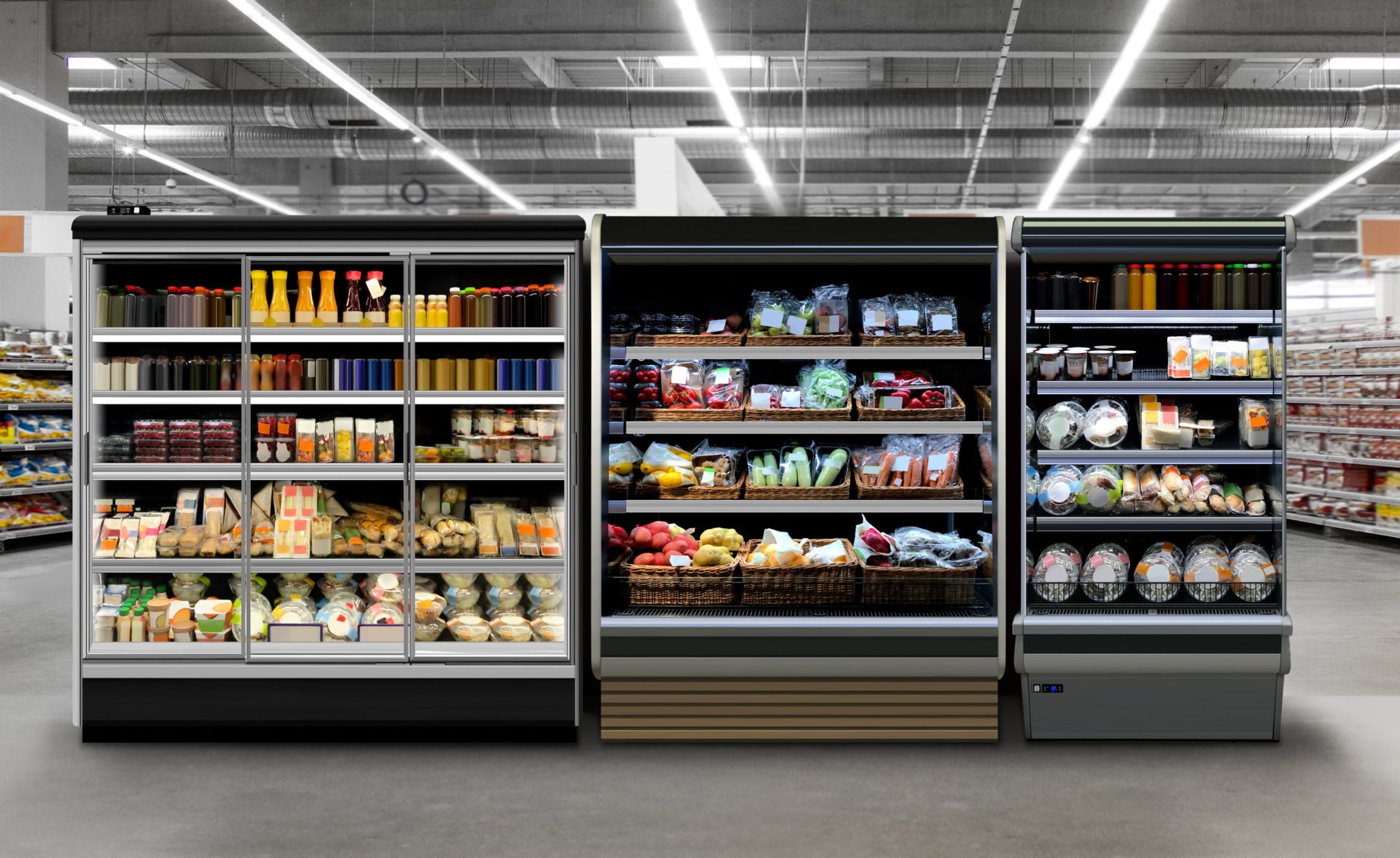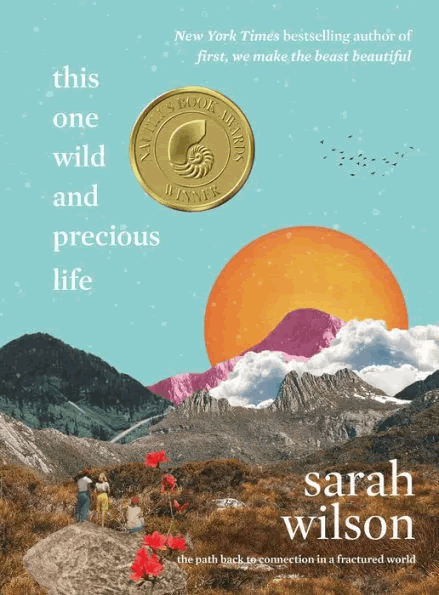Consumption
Or, cutting out 50 per cent.

Recently, I had the pleasure of attending a writer’s festival where Sarah Wilson spoke. I was inspired to buy her book, This one wild and precious life, and at the urging of a fellow festival-goer I bought it as an audiobook – something that is new for me. I’m so glad I did. Thus far, Sarah has accompanied me through many a boring act, like cleaning the kitchen or folding laundry and on long drives here and there. She’s got a lovely voice. She seems warm and compassionate, the kind of person who it would be nice to grab a bite to eat with, maybe even be friends.
I’d always resisted her in the past. Her ‘I quit sugar’ empire was a daunting success, her beauty and style so intimidating. Someone untouchable, famous and fake. But, now that I’ve listened to her I don’t think she’s quite so remote. In fact, I think she may have changed my life.
But first, let’s talk about the book.
This book is huge and bold. It attempts to cover so much of our world at this point in time – the climate crisis, loneliness and disconnection, and all the gifts that walking in nature can bring. Sarah takes us on hikes in different places around the world. She darts back and forward a lot between meetings and conversations, locations and hikes – sometimes this is overwhelming. But there’s realism too and I think this is where it leads to her feeling like a friend. A real person thinks, talks and acts like this, shifting between anecdotes and memories, melding together experiences in an attempt to find meaning. This is why I like her, confusing as she is.

Her prose is beautiful. Sometimes she stumbles across some poetic description of a scene or circumstance, and I sit in awe. I miss that the book is not on the page as I’d love to put sticky notes in or make notes in the margin. Instead, I have to jot down time points from the audio file or ask Siri to record a note for the ideas that I want to keep. One of my favourite parts is the way that she describes our moral quandaries during Covid as “Gluggy moral batters that haven’t been stirred until now.” So good.
So how did this change my life?
Sarah told me that the world is not going to survive unless we cut our consumption by 50 per cent. All of us. And, she says that we really should cut another 25 per cent on top of that to compensate for the challenges facing the third world.
Sarah is really good at this reduction thing. She’s reduced her belongings to a mere few bags, recently spending eight years on the road, moving from place to place, not owning much. And, even though she now lives in an apartment, she furnished it largely from things she found on the side of the road. Quite famously, she lives with just three pairs of undies and, in the book, she tells us how she talks herself out of going to the shops to buy some more.
Meanwhile, I live in a house that’s bursting at the seams. The drawers won’t close because I have too many clothes. And, as I’ve told you in a previous post, I live with way too many books.
Moving all of my things back into the house after living away for a few months only made all of this worse. I had to find places for the things I’d accumulated (books). It didn’t help that I was listening to Sarah’s book while doing all this unpacking, sorting, shifting. This rearranging of stuff.
At the same time, in Australia we learned that our soft plastics recycling service was coming to an end. The RedCycle business that had been absorbing so much packaging for so long had to press pause on its operations because there just wasn’t anywhere to send the plastic anymore. This meant that they asked us to put our soft plastics – all the wrappings on food products, plastic bags, bubble wrap – straight into the landfill bin.
So I thought I’d take the opportunity to cut some of the crap out of my life. I vowed to reduce my consumption by fifty per cent. Not my overall footprint; that’s a bigger, more complex task, but for now my pure consumption – of groceries, of books, clothes, frippery. Stuff that’s in plastic. Stuff that I don’t really need.
And I don’t mean replacing stuff with eco-friendly options either. I mean really cutting down on what I buy, what I use, what I will bring into our home.
We’re lucky to have solar panels on our roof, so our electricity consumption is already pretty good. And our car is electric, so that’s good too. But our water use needs reducing, and I know we waste food. It’s pure optimism that does it: the kind of attitude that sees me shopping for healthy, homemade meals, loading vegetables into the trolley, and then finding them a couple of weeks later, limp and mouldy in the bottom of the fridge because I’ve been too tired or too busy to cook. This needs to end.
I use a terrific budgeting tool called YNAB that allows me to see the yearly totals of what I spend. This means that I’ll be able to track consumption in a visible way throughout 2023, comparing it to what I spent in 2022. I’ll also be measuring our bins, noting how much we’re putting out for landfill and recycling, with the intention of massively reducing our waste by reducing how much we buy in the first place. I’ll be keeping detailed notes and I’ll do a quarterly wrap-up of my progress.
I predict that it will be hard for me not to buy any book that takes my fancy, especially if there’s some prize winner or a book that everyone seems to be talking about. Libraries will have to fill in the gaps. But there are plenty of treasures waiting on my shelves though, and I’m looking forward to making real progress through the stacks of books that I already have.
I’m a little nervous about the fact that the festive season is just around the corner. How will I navigate all that traditional, seasonal largesse with my new frugal mindset? Avoiding shopping malls will do it, I reckon, and I bet this will make the season more peaceful to boot.
I’ve had a conversation with my family, informing them of my commitment and letting them know to expect a slightly lighter Santa sack this year. I want to find thoughtful gifts that mean my kids are not dissatisfied with their haul. Quality over quantity for sure.
I can only hope that my journey inspires you a little – perhaps enough to help you question your own level of consumption, if you’re not doing this already. Maybe you’ll read Sarah’s book for some inspiration too. It’s definitely worth it. It’s relevant and purposeful and I hope you enjoy it as much as I have.
Thanks for your support, dear readers. I’ll keep you in the loop!

